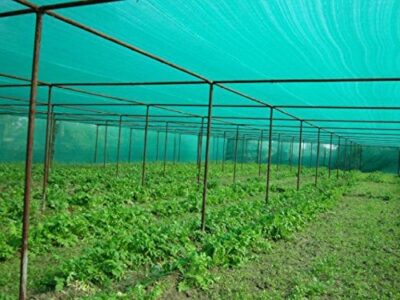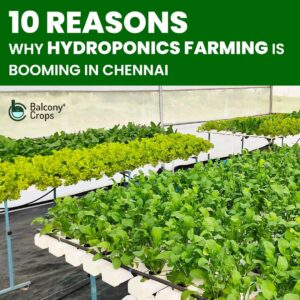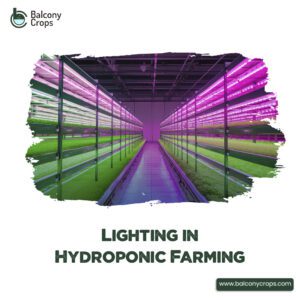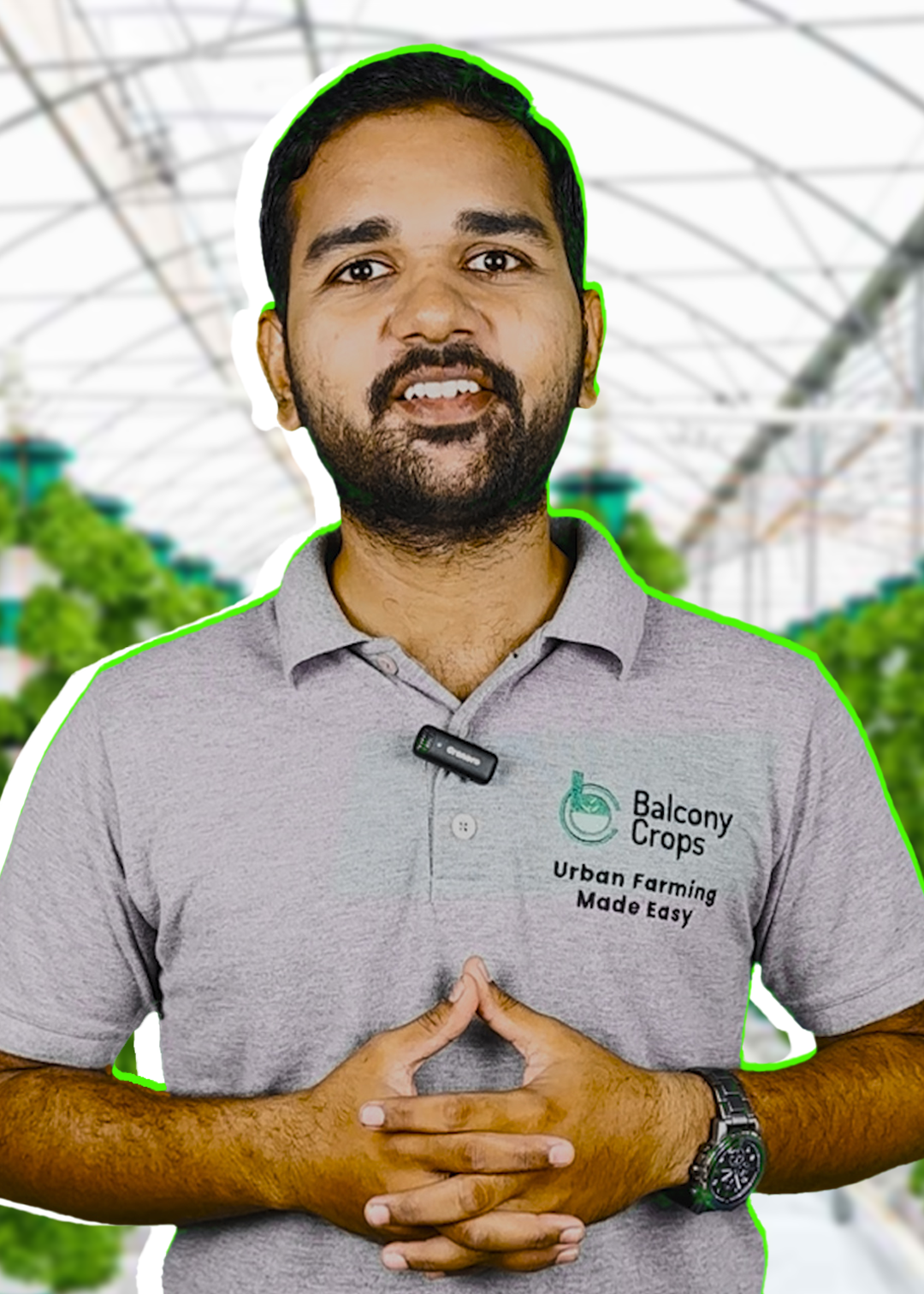Table of Contents
Introduction
Are you ready to take your farming to new heights, quite literally? Hydroponic farming is an exciting venture that offers a sustainable and efficient approach to growing crops. But just like any agricultural method, it comes with its fair share of challenges. Let’s unravel the secrets to overcoming the common hurdles faced by hydroponic farmers. From maintaining nutrient balance to combating pests and diseases, we’ve got you covered. So, get ready to transform your hydroponic journey into a thriving success!
Common Challenges in Hydroponics
Hydroponic farming offers numerous advantages, such as efficient resource utilization, higher yields, and the ability to grow crops in limited spaces. But it’s important to be aware of the challenges you may encounter along the way. By addressing these challenges head-on, you can ensure the optimal growth and health of your plants. Let’s take a closer look at five common challenges in hydroponic farming and how to tackle them effectively.
Challenge 1: Maintaining Proper Nutrient Balance
In hydroponic farming, ensuring the proper nutrient balance for your plants can be a tricky task. Without the natural nutrient supply provided by soil, it’s up to you to supply the essential elements your plants need to grow and thrive. Imbalances can lead to stunted growth, nutrient deficiencies, or even plant death.
Solution:
The key to maintaining a proper nutrient balance lies in using a high-quality hydroponic nutrient solution formulated specifically for your crop. These solutions contain the precise blend of macronutrients and micronutrients needed for optimal plant growth. Regularly monitor and adjust the nutrient levels in your system to meet the specific requirements of your plants at different growth stages. By closely following the manufacturer’s instructions and keeping a vigilant eye on your plant’s health, you can achieve the ideal nutrient balance and promote robust growth and bountiful yields.
Challenge 2: Managing pH Levels in Hydroponic Systems
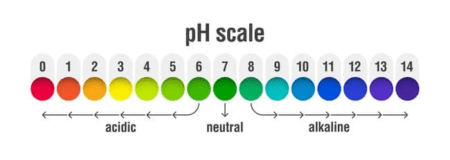
pH levels play a crucial role in hydroponic systems as they directly affect nutrient availability and absorption by plants. Fluctuations outside the optimal pH range can lead to nutrient lockout, where plants are unable to access certain essential elements, causing deficiencies and poor growth.
Solution:
To manage pH levels effectively, invest in a reliable pH meter to regularly monitor the acidity or alkalinity of your nutrient solution. Adjust the pH as needed using pH buffers that raise or lower the levels. It’s crucial to maintain a pH range of 5.5 to 6.5 but keep in mind that specific crops may have slightly different preferences. Regularly calibrate your pH meter to ensure accurate readings and take corrective measures promptly if the pH deviates from the desired range. By maintaining stable and appropriate pH levels, you’ll optimize nutrient uptake, enabling your plants to thrive in their hydroponic environment.
Challenge 3: Controlling Temperature and Humidity
Temperature and humidity are vital factors that influence plant growth and development. Extreme temperatures or high humidity levels can lead to stress, disease, and reduced yields. In hydroponic systems, where environmental control is crucial, maintaining the right balance can be challenging.
Solution:
To control temperature, utilize ventilation systems, fans, and evaporative coolers to maintain a range of 18-25°C (64-77°F) suitable for most crops. Additionally, monitor and adjust humidity levels using dehumidifiers or humidifiers to maintain a relative humidity of around 50-70%. Carefully observe your plants for signs of stress or wilting, as they may indicate the need for adjustments in temperature or humidity control. By creating an optimal environment for your plants, you’ll provide them with the conditions they need to flourish and achieve their full potential.
Challenge 4: Preventing and Managing Pests and Disease
Just like in traditional farming, hydroponic systems can fall victim to pesky pests and plant diseases. These intruders can quickly spread and wreak havoc on your crops, compromising their health and productivity.
Solution:
Implement a comprehensive pest and disease management strategy that includes preventive measures and early detection. Maintain strict hygiene practices in your hydroponic system, regularly clean and disinfect equipment, and practice proper crop rotation. Inspect your plants regularly, looking out for any signs of infestation or disease, and take prompt action to address the issue. Consider employing organic pesticides, introducing beneficial insects, or implementing biological control methods to combat pests and diseases. Remember, prevention is key, so be proactive in safeguarding your hydroponic farm against these potential threats.
Challenge 5: Dealing with Algae Growth
Algae growth is a common challenge in hydroponic systems, especially when excessive light exposure occurs. Algae can compete with plants for nutrients, clog irrigation lines, and disrupt the overall balance of your system.
Solution:
To combat algae growth, ensure your hydroponic system should be light proofed to minimize sunlight exposure. Implement light schedules that simulate natural day-night cycles to control the algae’s access to light. Consider using algae inhibitors or introduce organisms like daphnia or snails that consume algae. Additionally, regular system maintenance, including cleaning and disinfecting, can help prevent and minimize algae growth. By proactively addressing algae concerns, you’ll maintain a clean and healthy growing environment for your hydroponic crops.
Conclusion:
Ready to embark on your hydroponic farming journey? Balcony Crops is here to support you every step of the way. Our team of hydroponic farming experts is ready to provide personalized consultation and guidance tailored to your specific needs.
Take the first step by exploring hydroponic farming options through Balcony Crops and also check out our hydroponic kits in Chennai
Together, let’s cultivate a greener future through commercial hydroponic farming!




